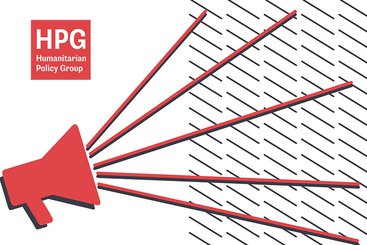The value of complementary approaches between international humanitarian and local or national actors to carrying out advocacy to strengthen protection of civilians in situations of armed conflict is well-recognised. The growing push to ‘localise’ humanitarian action has strengthened understanding that national actors are critical frontline advocates for protection of affected populations. Integrating this understanding into the actual practice of international actors seems, however, to be more challenging.
National and international humanitarian actors have different strengths in carrying out advocacy. National actors have greater proximity to and understanding of political, economic, religious, social and cultural dynamics in a specific context, and will remain long after international actors have withdrawn. They also typically have stronger access to national interlocutors.
International actors can have greater access to regional and international platforms and interlocutors, and greater access to funding. However, all too often, international protection advocacy efforts at best overlook, and at worst undermine, national advocacy initiatives. Where there is collaboration, it is often driven by international humanitarian actors, while national advocates struggle to have their voices heard or to receive the support they require of the international community in undertaking complementary advocacy.
This paper explores current practice of complementary advocacy between national actors and international humanitarian actors to strengthen the protection of conflict-affected populations, with a particular focus on Jordan and South Sudan. It examines the factors that enable complementary approaches to advocacy, the challenges and risks involved and opportunities to strengthen complementary and collaborative approaches to protection advocacy.




